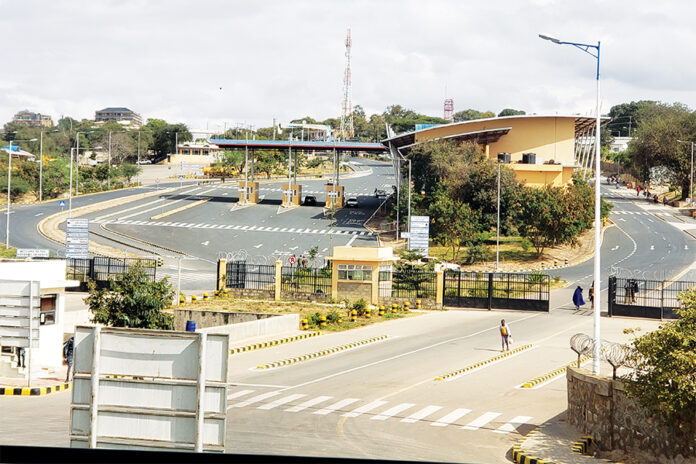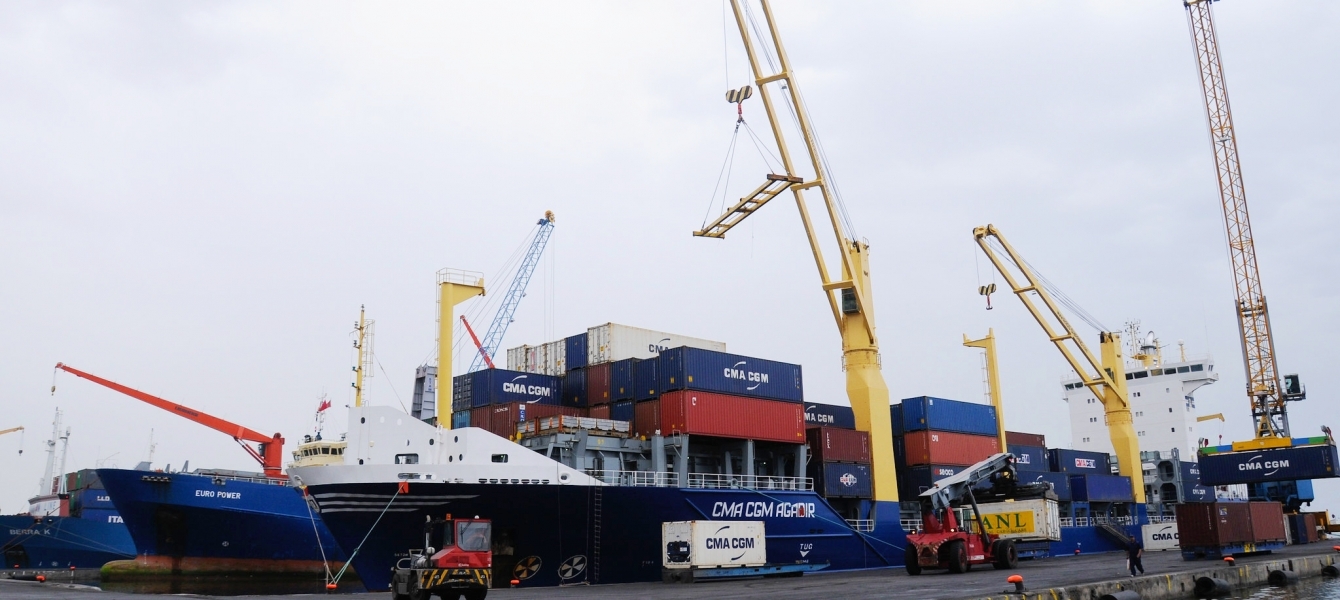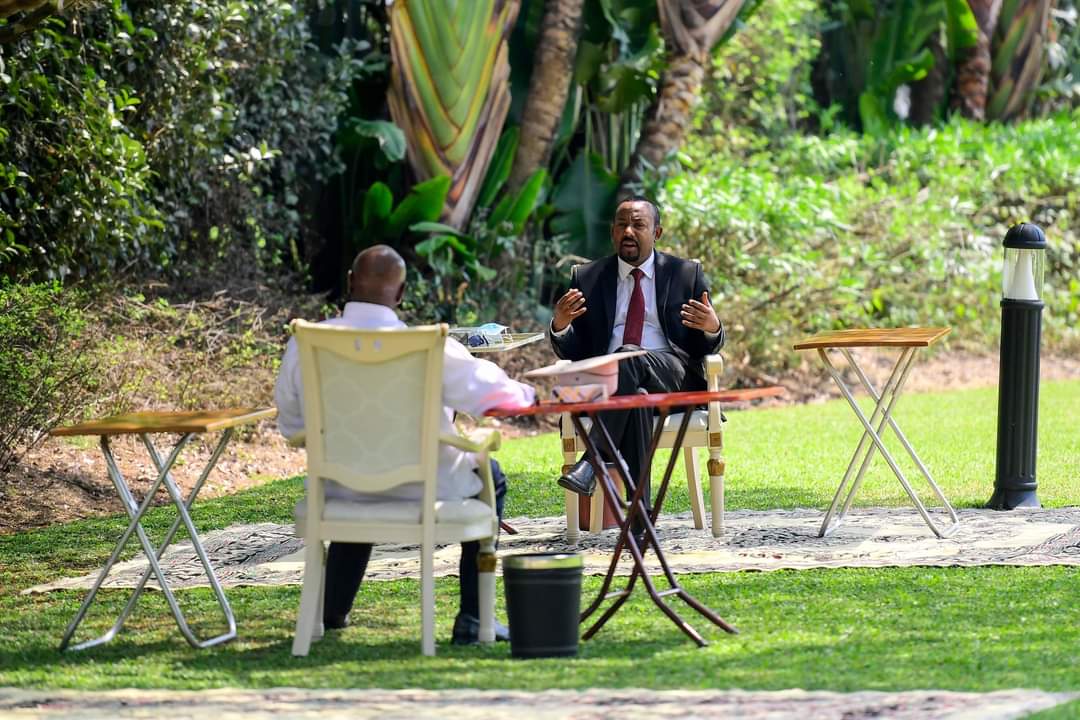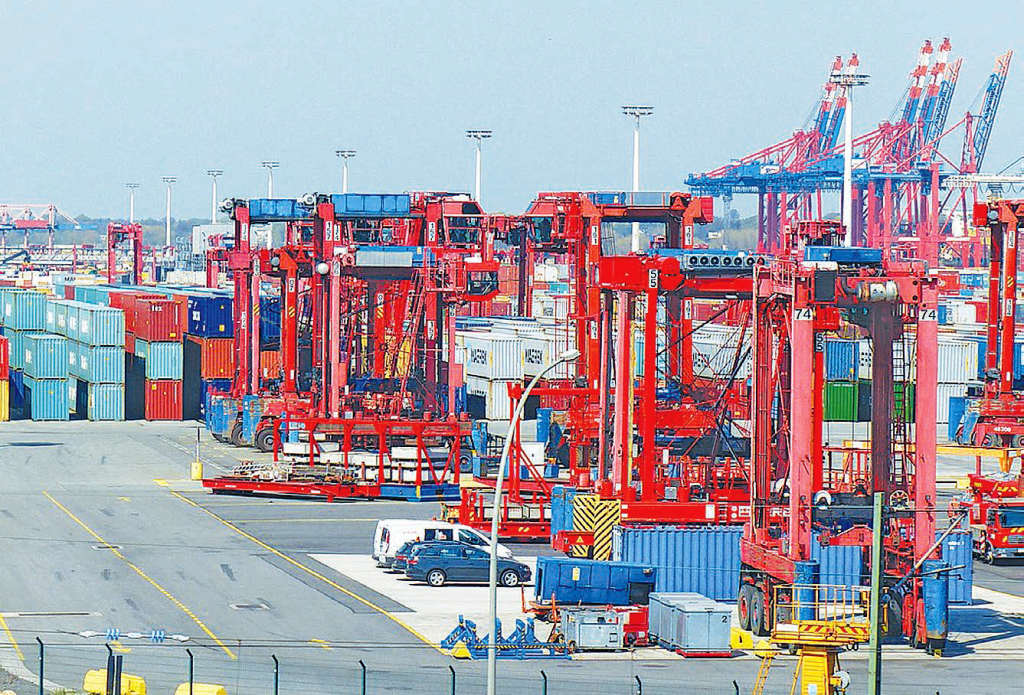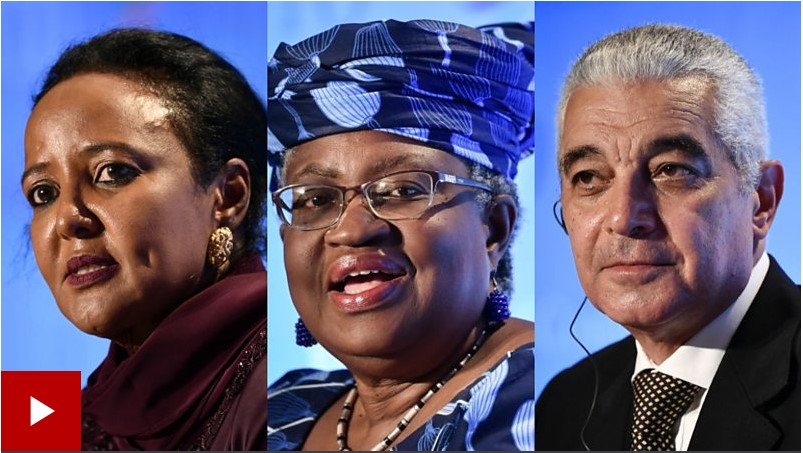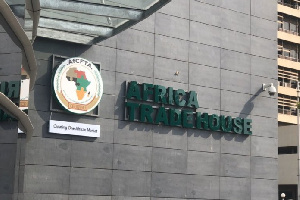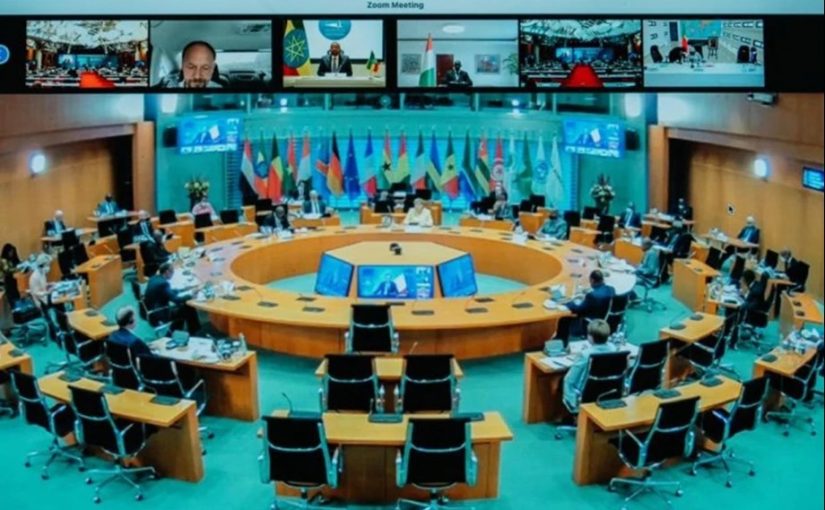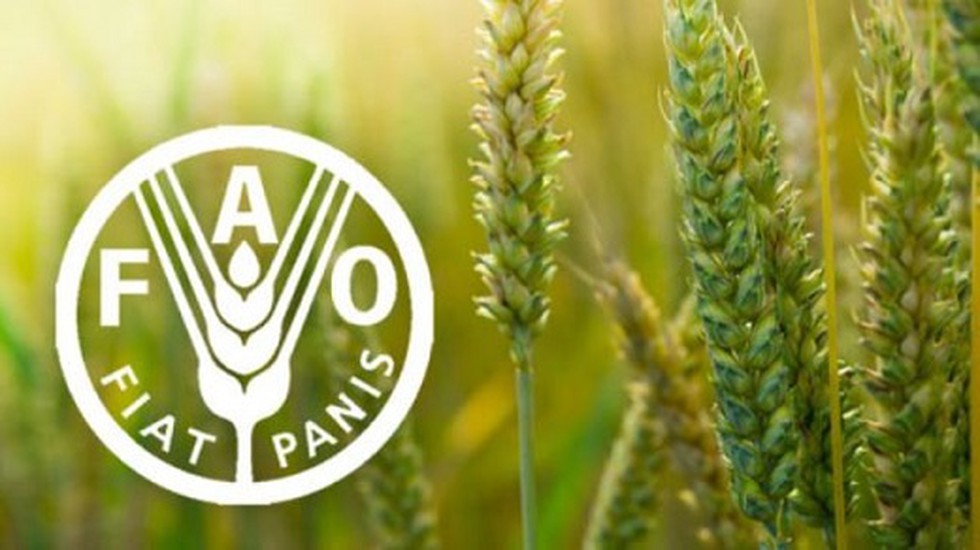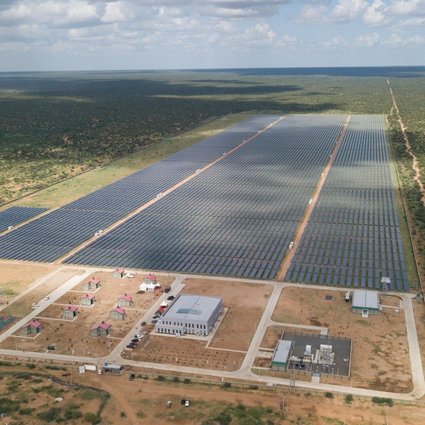During a meeting at the presidential palace, Bihi and Redwan hold talks about security and immigration issues at border areas Somaliland president Muse Bihi Abdi held a discussion with the Ethiopian State Minister of political Affairs Redwan Hussein on ways of strengthening cultural exchanges and enhancing people-to-people relations to the next level. President Bihi received the vising Ethiopian State Minister on Friday at his residence at the Presidential Palace in Hargeisa. During the meeting, the two sides further exchanged views about security and immigration issues at border areas. Ambassador Redwan Hussein arrived in Somaliland on Thursday for a two-day official visit. The Acting Minister of Foreign Affairs of Somaliland, Liban Yusuf, and diplomats warmly welcomed him upon his arrival at Egal International Airport. According to sum-up statements the Somaliland presidency’s press office and the Ethiopian Foreign Ministry posted, security and cross-border immigration were at the head of the agenda discussed during the meeting with president Bihi and with the appropriate Somaliland authorities prior to the meeting. The Presidency statement added that the completion and timely implementation of protocols and MOUs the two governments reached in 2020 and earlier were also raised at the meeting. Ambassador Redwan, the statement added, had underlined the critical importance the use of Berbera port held for the Ethiopian not only at this juncture of time alone but as a most suitable, geo-strategically placed trade hub for the land-locked nation. Somaliland and Ethiopia’s long-standing relations rested on mutually shared concerns that included a serious engagement...
Somaliland, Ethiopia Discuss Security And Immigration At Border Areas
Posted on: September 7, 2021
Posted on: September 7, 2021


